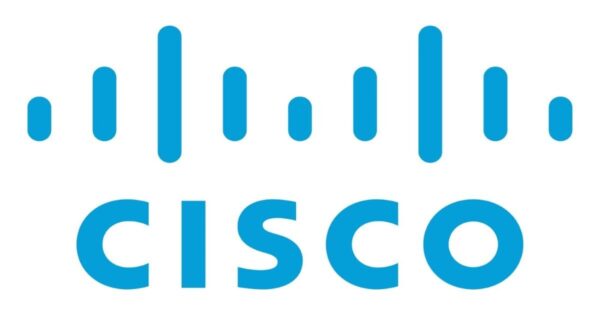New Vonage Research Highlights Continued Rise of AI and Its Impact on CX
As demand for and adoption of AI-fueled capabilities grow, annual Global ...

Browse these posts below for the latest in cloud communications news and insights.
We’ll guide you to the best provider for your needs.
Join over 150+ cloud communications companies already growing with CCA.